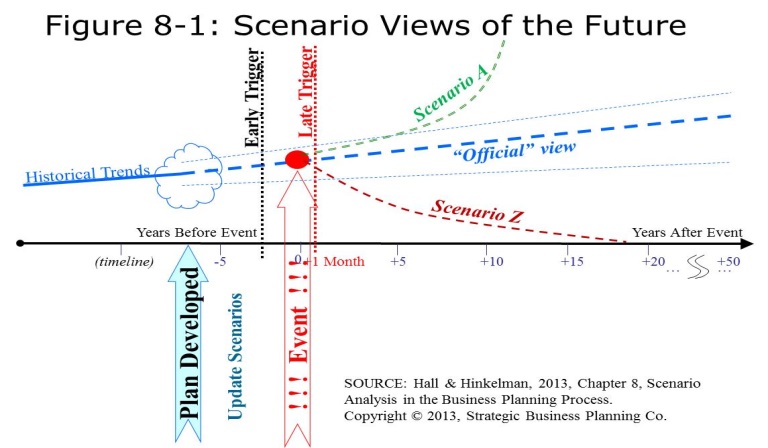Dr Dave Schrader recently (December 2016) completed a very cool dissertation pertaining to the IRS and their (in)ability to assess tax preparers’ competency, and their (in)ability to test the preparers’ preparedness. {Sure, that’s easy for you to say!}
Over that last few years, the IRS has been charged with determining Tax Preparers’ competency. (Not the CPAs, mind you, but the millions of — shall we say — undocumented tax preparers.) The problem was that the IRS had not really determined what the preparers should know, before trying to test that they knew it.
Just as the IRS was starting to launch a “testing” of competencies, the civil courts forced Congress to pull the rug out. Another year or so has passed since a volunteer compliance program is in place… Still no uniform requirements as to what those preparers should know in order to be prepared for the tests. But most importantly, now it’s not just tests, even if they start up again. With the change in Federal Law governing competency, tax preparers must be competent every single time they sign their name to a tax return. No matter how complicated!
What could go wrong with this? ! 🙂
So, Dave’s challenge was to do a dissertation into this murky quagmire. He found out the requirements, what they should know (generally), how they should learn it, and how competency should be assessed. As an afterthought, he tied this all into learning theory. To frame the skill identification, development, and assessment model, he tied the process into a construct for an effective total learning system.
If the dissertation sounds busy, that’s why. Lots of tables and charts to guide the reader through the mundane and the details.
Anyone teaching accounting should be interested in this dissertation. The management within the IRS should be calling Dr Dave in to assist with their Preparer Preparedness Program!.
From an Human Resources (HR) or management perspective, this is a very cool study. First is the skills needed. It works backwards from the skills needed to how and where to develop those skills: education, on-the-job training, or job experience. This is most of the way to “HR backcasting” for developing the skills needed for future jobs. Although backcasting is often used pertaining to economic development, the method, by necessity, must consider skills of the workers for those future jobs.
Can’t wait for the articles that will come out of this dissertation by this accountant (Accredited Accountant, Tax Preparer, and Advisor), teacher and newly minted Doctor.
References
Schrader, David M. (2016). Modified Delphi investigation of core competencies for tax preparers. D.B.A. dissertation, University of Phoenix, Arizona. Dissertations & Theses @ University of Phoenix database.

